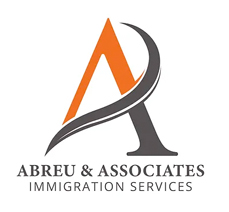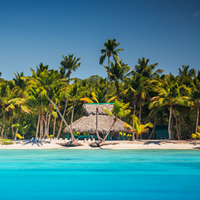Driving in Constanza
Summary: Driving in a new country can be daunting. These tips offer insight into what to expect when driving in Constanza.
1. Understanding the Driving Culture
Driving in Constanza, Dominican Republic, can be a unique experience. The traffic rules are not always strictly followed, and the driving style can be aggressive. It's important to be alert and cautious while driving. The roads can be narrow and winding, especially in the mountainous areas around Constanza.
2. Car Recommendation
It's recommended to have a car with good suspension due to the condition of some roads. An SUV or a car with high ground clearance can be a good choice, especially if you plan to explore the mountainous areas around Constanza.
3. Parking Situation
Finding parking in Constanza is generally not a problem. However, it's always a good idea to ensure your car is securely parked and locked. Parking is usually not expensive, but it's always good to have some change for parking fees.
4. Driving with an International License
Foreigners can drive in the Dominican Republic with an international driver's license for up to 90 days. After this period, you will need to obtain a local driver's license.
5. Obtaining a Local Driver's License
To obtain a local driver's license, you will need to visit the General Directorate of Traffic Safety and Land Transportation (DIGESETT). You will need to provide your passport, residence card, and your current driver's license. You will also need to pass a medical exam and a written test. It's recommended to have a local guide or translator to assist you with this process if you are not fluent in Spanish.
6. Safety Precautions
Always wear your seatbelt and avoid using your phone while driving. Be aware of motorcycles, as they often weave in and out of traffic. Also, be cautious at night as street lighting can be poor in some areas.
7. Insurance
Ensure you have adequate car insurance. This is not only a legal requirement but also a necessity due to the driving conditions.
8. Road Conditions
Be prepared for varying road conditions. While major roads are generally in good condition, some secondary roads can be poorly maintained, especially in rural areas.

Abreu & Associates is a law firm practicing exclusively in the area of the Dominican Republic Immigration process and Nationality law. The firm serves as a trusted advisor in all practice areas of immigration law including Visa, Provisional Residency, Permanent Residency, Renewals, Investment Management, Dominican and American Citizenship, and Dominican Driver's License.
Click connect to have our partner contact you via e-mail and/or phone.

Abreu & Associates is a law firm practicing exclusively in the area of the Dominican Republic Immigration process and Nationality law. The firm serves as a trusted advisor in all practice areas of immigration law including Visa, Provisional Residency, Permanent Residency, Renewals, Investment Management, Dominican and American Citizenship, and Dominican Driver's License.
Click connect to have our partner contact you via e-mail and/or phone.
About the Author
 Joshua Wood, LPC joined Expat Exchange in 2000 and serves as one of its Co-Presidents. He is also one of the Founders of Digital Nomad Exchange. Prior to Expat Exchange, Joshua worked for NBC Cable (MSNBC and CNBC
Primetime). Joshua has a BA from Syracuse and a Master's in Clinical and Counseling Psychology from Fairleigh Dickinson University. Mr. Wood is also a licensed counselor and psychotherapist.
Joshua Wood, LPC joined Expat Exchange in 2000 and serves as one of its Co-Presidents. He is also one of the Founders of Digital Nomad Exchange. Prior to Expat Exchange, Joshua worked for NBC Cable (MSNBC and CNBC
Primetime). Joshua has a BA from Syracuse and a Master's in Clinical and Counseling Psychology from Fairleigh Dickinson University. Mr. Wood is also a licensed counselor and psychotherapist.
Some of Joshua's articles include Pros and Cons of Living in Portugal, 10 Best Places to Live in Ireland and Pros and Cons of Living in Uruguay. Connect with Joshua on LinkedIn.
Additional Information:




